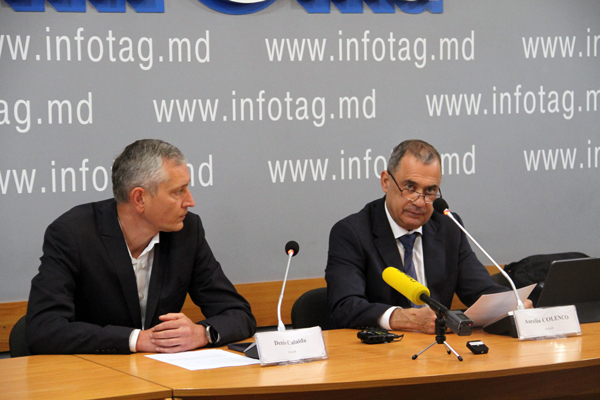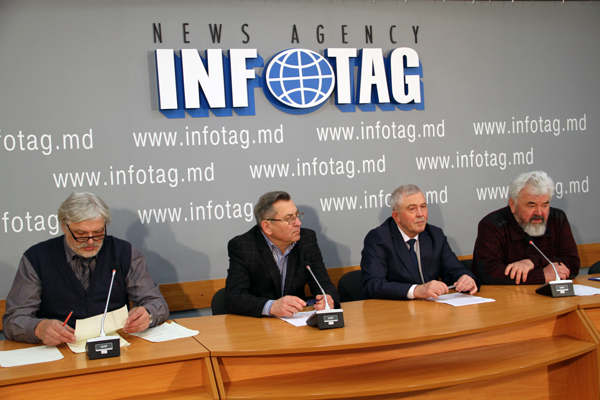Economics
TV AND RADIO STATIONS OBLIGED TO DISCLOSE THEIR REAL OWNERS

All broadcasters – radio and TV stations will be obliged to disclose their real owners. It is stipulated by the bill on amendments to the Code on television and radio, which was adopted by the Parliament in the first reading on Monday.
Introducing the document, the Chairman of the parliamentary commission for culture, education, science, youth, sport and media Kirill Lucinschi noted, that this measure will allow consumers to form an opinion about the value of information and opinions, distributed by audiovisual software complexes.
“This will affect the increase of transparency in media. Information consumers have a right to know what the true owner of the channel is, who stands in its shadow and directs the channel’s work. Viewers should have the right to know to what extent they can trust the television channels and radio stations, whether censorship and manipulation are used. Taking this bill, we are making an important step in increasing the transparency of the electronic media work”, said Lucinschi, noting that “civil society and special organizations has long sought for adoption of this provision”.
According to the bill, the holder of a license for broadcasting is obliged to provide information on the administration’s name and location, the contact details, a list with the owners’ names, including their shares in the authorized capital. Within ten days after the entry into force of the law, this information must be published on the broadcaster’s website. The broadcasters will be required to provide information to the Audiovisual Coordinating Council, which will publish it on the website in a 30 days period.
Vice-speaker, deputy from the Democratic Party (DPM) Serghei Sirbu believes that “this information is not for an ordinary citizen but for the experts and analysts”.
The leader of the Liberal Party (LP) Mihai Ghimpu said that measures should be taken against the operator of the broadcasting organizations, who “prefer to stay in a shadow”.
“There are several channels, the owners of which are known de facto, but not de jure. What do we do to change this situation?” he resented.
His party colleague Gheorghe Brega also believes that “it is necessary to bring from the shadow the owners of some TV channels”.
“For concealing this information punishment in the Criminal Code should be provided. And not just in the Code of the Audiovisual Media and in the Criminal code as well, for violators to be prosecuted”, said the liberal.
Another deputy –liberal Valeriu Munteanu proposed to impose restrictions on the license granting for broadcasting organizations, founders of which are registered in offshore zones.
“Such practice exists in Georgia. And this is a very good practice that promotes transparency in media. Such legislation exists in the banking sector, and it should be used in audiovisual as well”, said Munteanu.
However, Kirill Lucinschi did not agree with his opinion.
“I don’t think that you will find it in the legislation of any other countries, but Georgia. We should not forget that broadcasters are also economic agents, who does not need to be subjected to discrimination”, Lucinschi said.
The bill was unanimously adopted in the first reading, and the liberals promised to make a number of amendments for the second reading.
























Add Comment